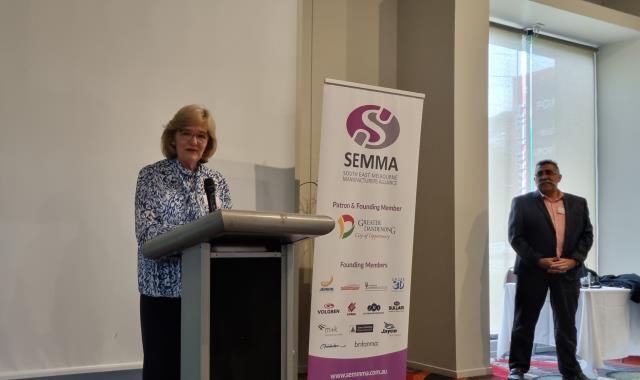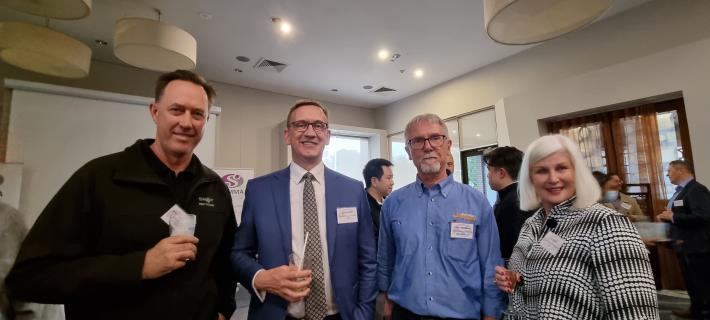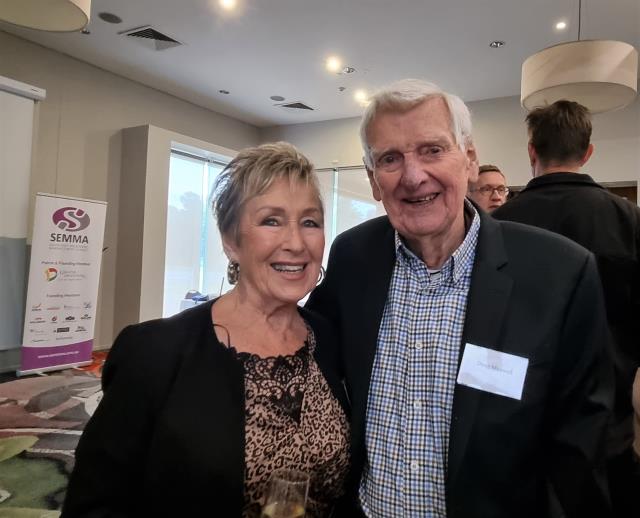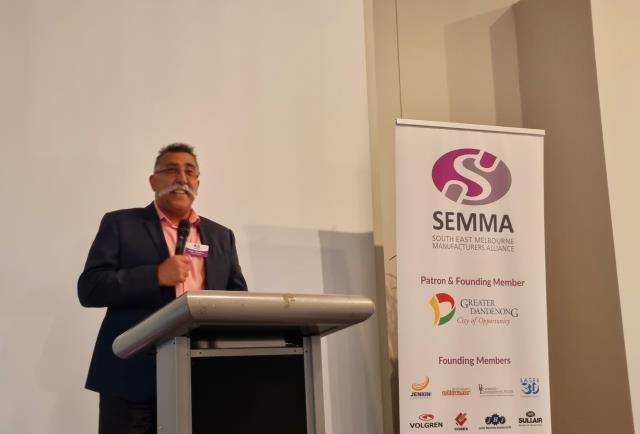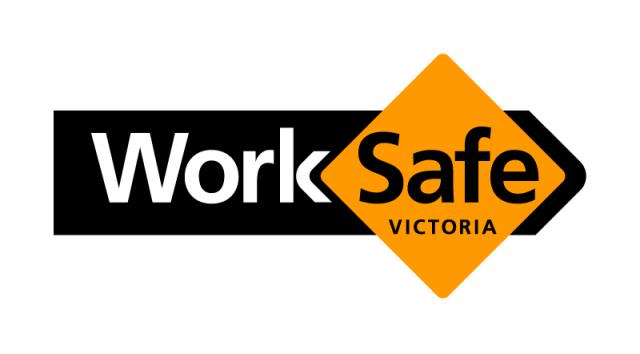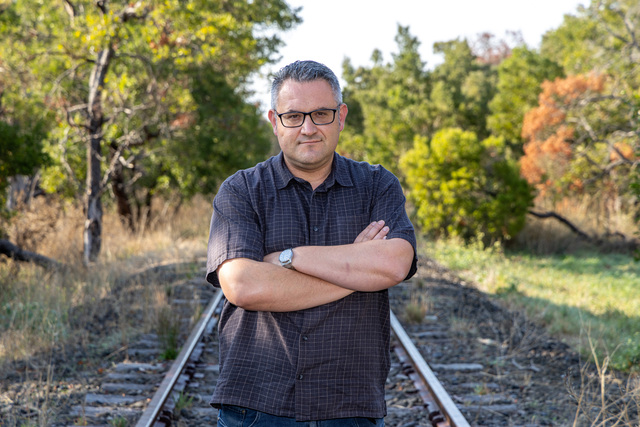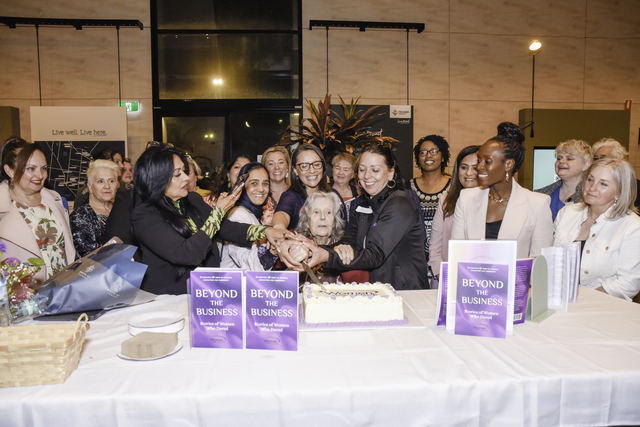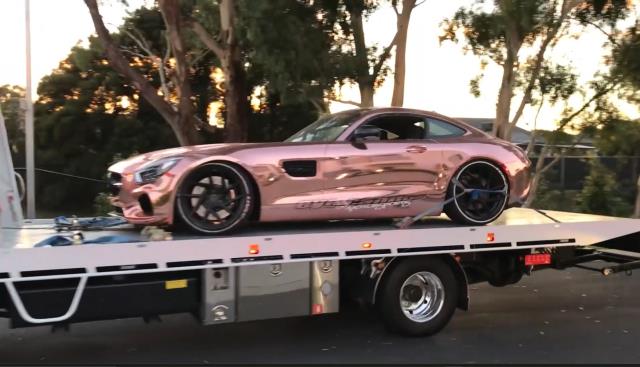Welders, engineers, electronics technicians are among a dire skills shortage, a manufacturing body has told a Senate inquiry.
South East Melbourne Manufacturers Alliance told the inquiry on 9 December of creating its own 150-hour welding microcourse to address the shortage.
“We never wanted to be a registered training organisation, but what’s happened is that there has been a shortage of welders for years and, coming out of Covid, there’s become a dire need amongst our manufacturers,” chief executive Vonda Fenwick said.
“They have now got more orders than they can cope with and the limiting factor is skilled workers.”
Ms Fenwick said welders were needed across many manufacturing sectors, including high-tech.
Support was needed to train more people with “engineering smarts”, researchers, electronics technicians and technicians to run process control equipment for advanced manufacturing.
SEMMA states that it represents 200 manufacturers that employ 16,000 people and create $3 billion of GDP.
President Peter Angelico said manufacturing was evolving, not dying.
It was specialising in “low volume, high compliance, high quality” products, exporting more than 20 years ago and growing in the defence and rail sectors.
“We don’t see our competition as being Joe down the road, our competition is overseas.
“You can buy cheap rubbish from overseas, but who’s made it? How many people have died making it? Who knows.”
During the Covid pandemic, companies who couldn’t get products such as sheet metal from overseas were turning to local manufacturers, Ms Fenwick said.
“Manufacturers have said to us … ‘we’ve come in 30 per cent cheaper than the product from China.’”
Energy prices were also a constraint. Ms Fenwick said an insulation company’s energy costs soared from $4 million to $11 million in three years, leading to the loss of 50 jobs and closure of a Sydney plant.
“They don’t have any competition in Australia, but there is increasingly competition from overseas, and there’s a new plant being set up, I believe, in a low-cost area in Asia.”
A large Dandenong South manufacturer cut 50 jobs due to its gas bill jumping from $500,000 to $1.2 million, Mr D’Angelico said.
“It’s one of the things that do keep a lot of our members awake at night.”
SEMMA also submitted for a federal Manufacturing Minister and the need for a national local content policy.
“Local content is very important,” Mr D’Angelico said.
“Governments are still the biggest procurer of goods and services around the country at all levels.”
Manufacturers had to be given the opportunity to compete.
He cited the case of 30,000 tonnes of steel for a state tunnels project being sourced offshore, and “no one knew about it”.
“If we’re not good enough because of price, service delivery and the quality of those things; we can get better at that. But we’re not even hearing about the opportunities.”

